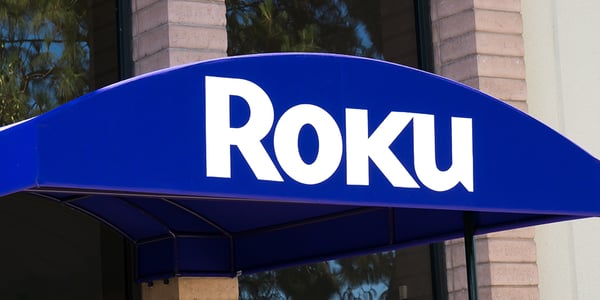
This week's review of ad fraud and quality in the digital advertising space.
Pixalate and XUMO recently hosted a webinar to discuss the latest trends in programmatic Connected TV (CTV) advertising in 2020 — and what those trends mean for the future of CTV.
Read Pixalate's blog recap of the event, or watch the recording on YouTube.

According to MediaPost, a recent survey of 177 U.S. media agency execs conducted by Pixability found that "2% of media agency executives expect their connected TV (CTV) ad budgets to decline this year, while 86% say they will increase, 19% saying it will be 'dramatic.'"

"Roku is expanding its measurement program, leaning into advanced advertising metrics as the streaming giant gears up for upfront season," reported Adweek. "Roku ... is adding six new firms to its Measurement Partner Program that will help advertisers track campaigns across platforms and outcomes like app downloads or store visits."

"Google’s Privacy Sandbox has hit a few roadblocks in its efforts to replace third-party cookies, according to media reports published this week," reported eMarketer. "The Technical Architecture Group (TAG), an influential working group within the World Wide Web Consortium (W3C), published a document spelling out serious concerns regarding Google’s First-Party Set (FPS) proposal."

"Google for years operated a secret program that used data from past bids in the company’s digital advertising exchange to allegedly give its own ad-buying system an advantage over competitors, according to court documents filed in a Texas antitrust lawsuit," reported the Wall Street Journal.
*By entering your email address and clicking Subscribe, you are agreeing to our Terms of Use and Privacy Policy.
These Stories on Weekly Recaps
*By entering your email address and clicking Subscribe, you are agreeing to our Terms of Use and Privacy Policy.

Disclaimer: The content of this page reflects Pixalate’s opinions with respect to the factors that Pixalate believes can be useful to the digital media industry. Any proprietary data shared is grounded in Pixalate’s proprietary technology and analytics, which Pixalate is continuously evaluating and updating. Any references to outside sources should not be construed as endorsements. Pixalate’s opinions are just that - opinion, not facts or guarantees.
Per the MRC, “'Fraud' is not intended to represent fraud as defined in various laws, statutes and ordinances or as conventionally used in U.S. Court or other legal proceedings, but rather a custom definition strictly for advertising measurement purposes. Also per the MRC, “‘Invalid Traffic’ is defined generally as traffic that does not meet certain ad serving quality or completeness criteria, or otherwise does not represent legitimate ad traffic that should be included in measurement counts. Among the reasons why ad traffic may be deemed invalid is it is a result of non-human traffic (spiders, bots, etc.), or activity designed to produce fraudulent traffic.”

